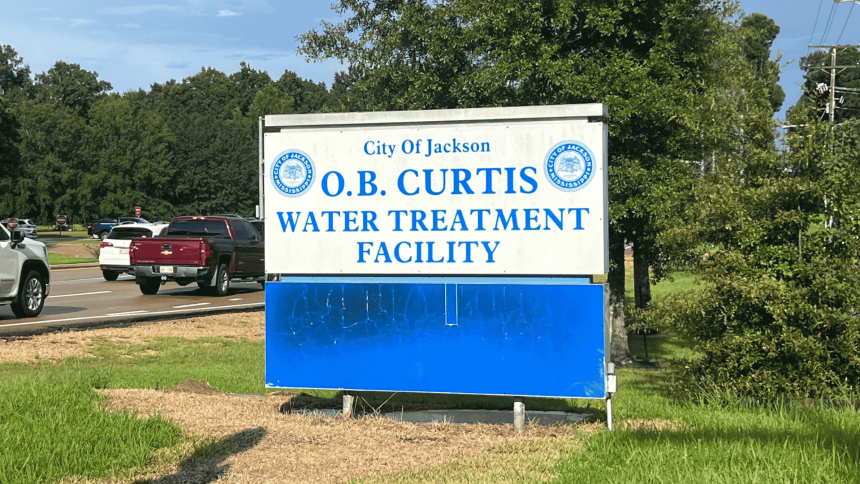It’s been two years since a major water crisis shook Mississippi’s capital city to its core, leaving over a hundred thousand residents without clean drinking water for months. Now, federal authorities are seeking the public’s input to develop long-term solutions for Jackson’s water system.
The U.S. Environmental Protection Agency and Department of Justice will hold two public meetings in hopes of receiving feedback from the community to assist in the oversight of a water system that has been the subject of controversy and political disputes for decades.

Both meetings will be held at the Mississippi E-Center at Jackson State University located at 1230 Raymond Road on Thursday, October 10, at 6 p.m., in the e-Logistics Room and Friday, October 11 in the California Room beginning at 10 a.m.
As things stand, Jackson’s water system is operated by interim third-party manager Ted Henifin, who was appointed to take the reins back in 2022. Henifin announced on Thursday that he plans to hold his post in the capital city until the fall of 2027 as some tangible improvements have been seen under his leadership.
State leaders in the heavily Republican legislature have tried twice to pass bills that would create a water authority once Henifin stepped away from his position. The proposed bills both failed to be enacted and were slammed by city officials as an attempt to strip Jackson of one of its largest revenue streams. However, many elected officials, including Gov. Tate Reeves, remain keen on preventing the city of Jackson from handling water operations for the foreseeable future.
At the city level, Jackson Mayor Chokwe Antar Lumumba has proposed the idea of creating two essential boards to manage the system, per a report from WLBT. One would be an operations board consisting of five members with backgrounds in water and sewage management as well as finance. The other board would be a community advisory board with 15 members.
In the meantime, the federal government still wants to hear from the general public to get the community’s perspective on measures that need to be taken to shore up a flawed water system. For those unable to attend the meetings, comments and suggestions can be sent to [email protected] from now until Friday, October 31.







